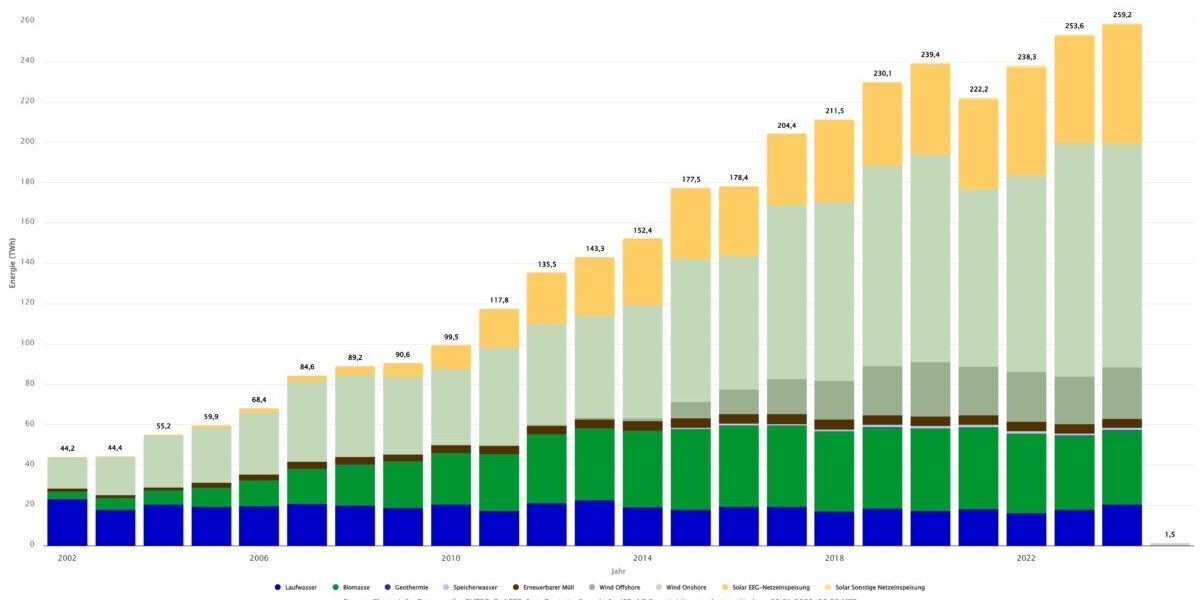Chinese solar module provider Trina Solar has revealed that several major inverter manufacturers have unveiled in the past weeks new centralized or string inverters that are claimed to be compatible with PV panels based on 210mm silicon wafers.
“The full launch of inverters that support 210 modules underlines the environmental and technological interdependency of 210 Ultra-High Power Modules and the 600W+ Photovoltaic Open Innovation Ecological Alliance, both of which were initiated by Trina Solar,” the company said in a statement. The alliance was set up by mostly China-based solar companies in June and aims to cross the 600 W module output threshold.
In its statement, Trina names all the manufacturers that have reportedly unveiled plans to build or develop new inverters for bigger and more powerful modules since the beginning of the year.
The world's largest manufacturer for example — Chinese conglomerate Huawei — should begin producing an upgraded version of its SUN2000-196KTL-H3 device for the Chinese market at the end of March 2021 and of the SUN2000-215KTL-H3 for other global markets at the end of May 2021. “Both models will increase the maximum current per MPPT to 100 ampere, to be compatible with the high current characteristics of 210 modules,” Trina stated.
Furthermore, in early February, Chinese inverter manufacturer Sineng Electric purportedly launched a new string inverter called SP-250K-H for this new market segment and Sungrow said its centralized SG3125HV inverters and SG225HX and SG250HX string inverters are now fully compatible with 210mm solar modules.
Moreover, Germany-based SMA said that all its central inverters and its two string inverters SHP 150 and STP 110 are also now compatible with more powerful products. “GoodWe, Ginlong, Kstar and other inverter makers have also announced the availability of inverters compatible with the 210 Ultra-High Power Modules,” Trina stated without providing further details.
Trina Solar began producing its first modules relying on 210mm wafers in January 2020.
This content is protected by copyright and may not be reused. If you want to cooperate with us and would like to reuse some of our content, please contact: editors@pv-magazine.com.




8 comments
By submitting this form you agree to pv magazine using your data for the purposes of publishing your comment.
Your personal data will only be disclosed or otherwise transmitted to third parties for the purposes of spam filtering or if this is necessary for technical maintenance of the website. Any other transfer to third parties will not take place unless this is justified on the basis of applicable data protection regulations or if pv magazine is legally obliged to do so.
You may revoke this consent at any time with effect for the future, in which case your personal data will be deleted immediately. Otherwise, your data will be deleted if pv magazine has processed your request or the purpose of data storage is fulfilled.
Further information on data privacy can be found in our Data Protection Policy.